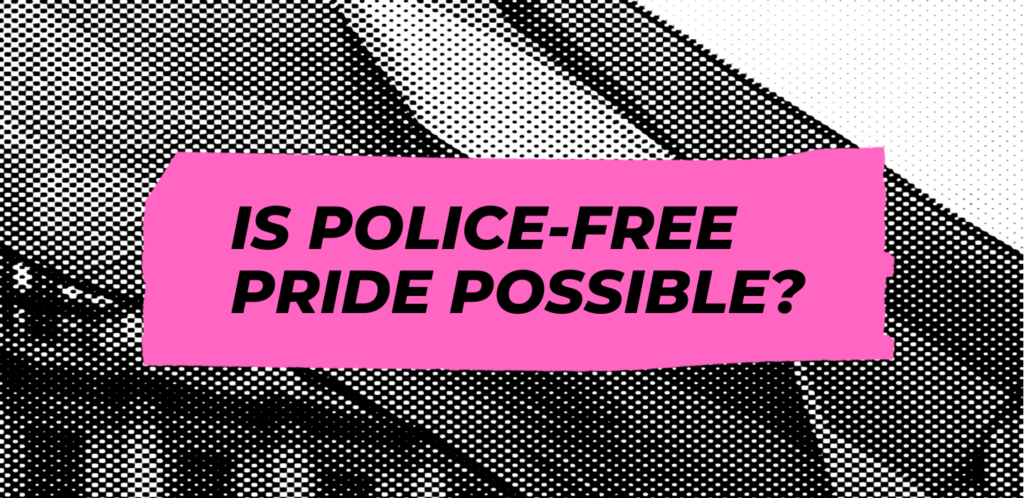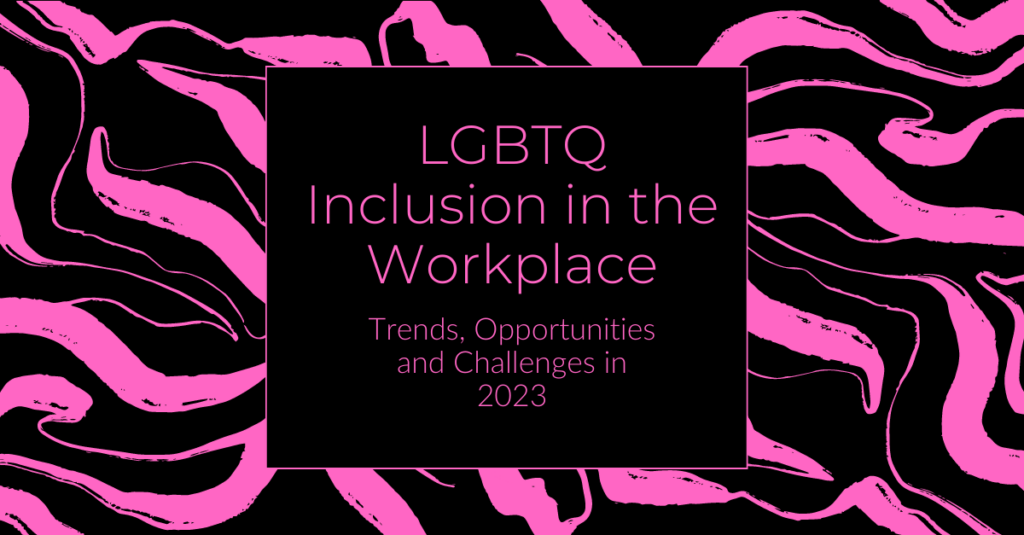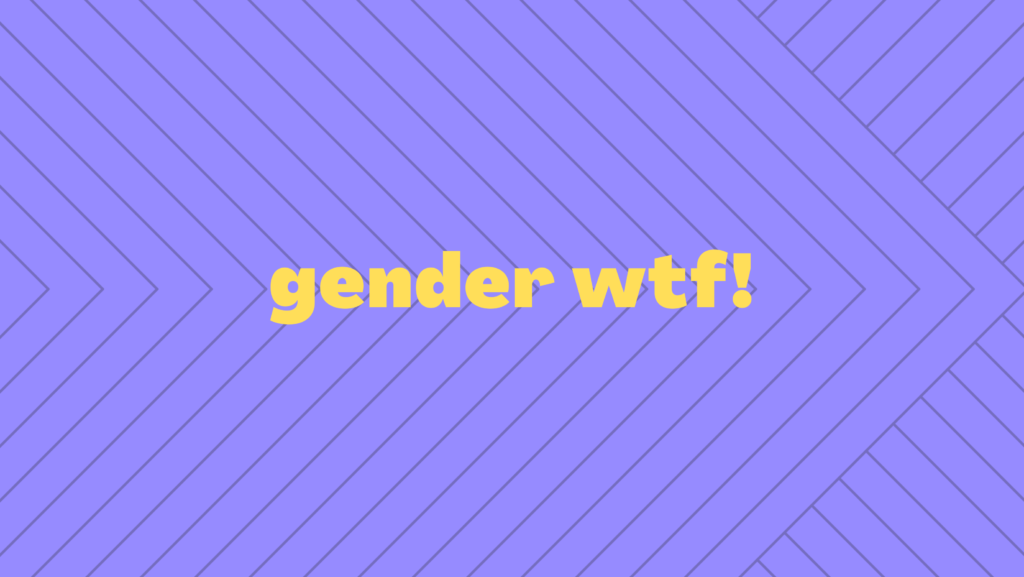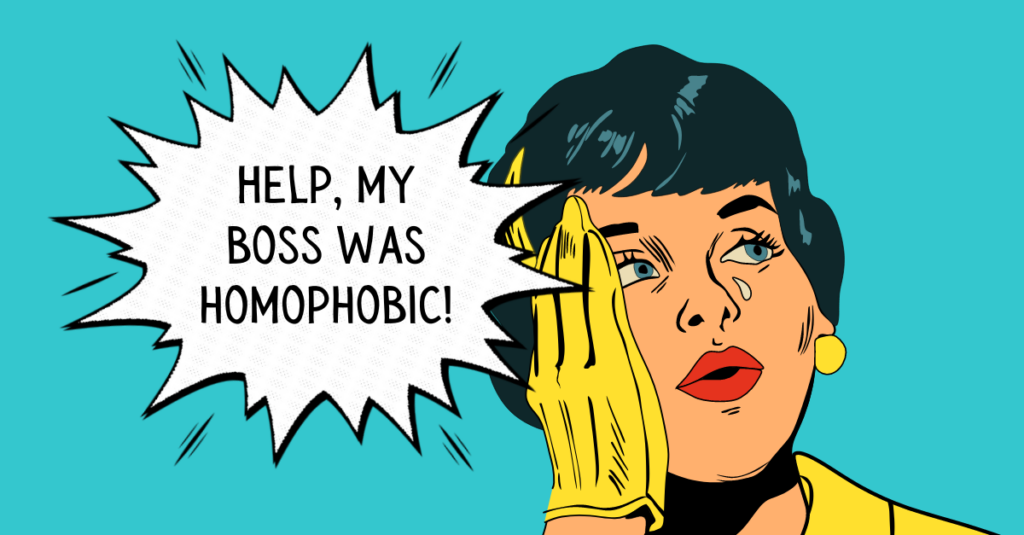
Is police-free Pride possible?
George Floyd’s murder showed a reality that many (White) people had never thought of: the role of policing in America is incredibly broken.
Unfair policing doesn’t start and end with Black people; problems between law enforcement and everyone LGTBQ are an unfortunate American reality. Queer people’s calls for equality are born in response to police raiding our bars, arresting our family members based on archaic cross-dressing laws, and creating illegal entrapments to catch people simply living their lives.
I see DEI leaders attempting to use Pride month to bridge the gap between the experiences of LGBTQ employees and employees of color, by giving the mic to people that fall under both umbrellas. And I think, how can we miss the elephant in the room?
Snap to 2021: Police-free Pride has to be a reality. We can’t stand any longer for unjust policing—for our BIPOC siblings and for us.
Policing is an issue we don’t talk about. Last summer, organizations issued statements that acknowledged George Floyd’s murder was wrong and supported their Black employees, while avoiding the foundational problems with policing. This avoidance (rightfully) frustrated employees of color.
Meanwhile, Queer people celebrate the ability for on-duty LGBTQ police officers to be out while feeling the complicated history of police and Queer people. We see the dichotomy of a police presence at Pride while examining if we actually feel safer with police watching over us.
Queer people don’t always have the privilege to feel safe while expressing themselves. We honor the origin on which Pride was built—a radical push back against police oppression—while highlighting that police terrorize Black, Indigenous, and LGBTQ people of color at extremely disproportionate rates. LGBTQ people are six times more likely to be stopped by the police. Nearly 3 out of 4 lethal anti-LGBTQ hate crimes are committed against transwomen and girls. And after more than 267 complaints related to abuse of force by the NYPD when dealing with protesters, only two officers have faced serious disciplinary action.
It’s not like there aren’t other community safety models to consider for Pride: In NYC, the “Reclaim Pride Coalition” held their fourth annual Pride march free of cops, corporations, and politicians, separate from the traditional NYC Pride Parade. Reclaim Pride Coalition’s website declares: “Overflowing with corporate floats and at the service of corporate money, the Pride Parade had become a new symbol of gay for pay. The imposition of barricades along the parade route separated the participants from its audience, turning the Pride March into an entertainment venue instead of a true expression of our cultural legacy.”
Preach.
Pride represents opportunities to make decisions that unite us and champion marginalized people. I acknowledge that exploring policing alternatives will be a messy road. But what about thinking of safety as a privilege? From using public transportation to interacting with the grocery store clerk, every day brings the fear that Queer and Trans people might be in the next headline because someone who is armed with the courage that their hatred is acceptable did not see us as human. We know what being unsafe feels like. And for too many Queer people, police take away our chance at feeling safe.
Policing is fundamental to our lives, and policing alternatives are going to spark fear of the unknown.
The good news? Queer and Trans POC have imagined this world for decades, with potential solutions well-informed, deeply researched, and validated. The future of Pride could mean we reject fear-mongering and acknowledge what we can move forward with curiosity.
Companies should tackle these injustices head-on. These issues are coming into the workplace with your employees every day. You have the power to use your organization’s influence to embrace the intersectionality of policing, racial justice, and Queer justice. Speaking from the one-year mark of George Floyd’s murder, I believe that a police-free future is possible by adopting a new public health and safety model that focuses on the root causes of crime and poverty.
If you want to continue your learning journey, I recommend reading about an organization called MPD150. They are a community-based initiative challenging the narrative that police exist to protect and serve. MPD150 is a participatory, horizontally-organized effort by local organizers, researchers, artists, and activists to shift the discussion around police and policing in Minneapolis from one of procedural reforms to one of meaningful structural change.





Responses